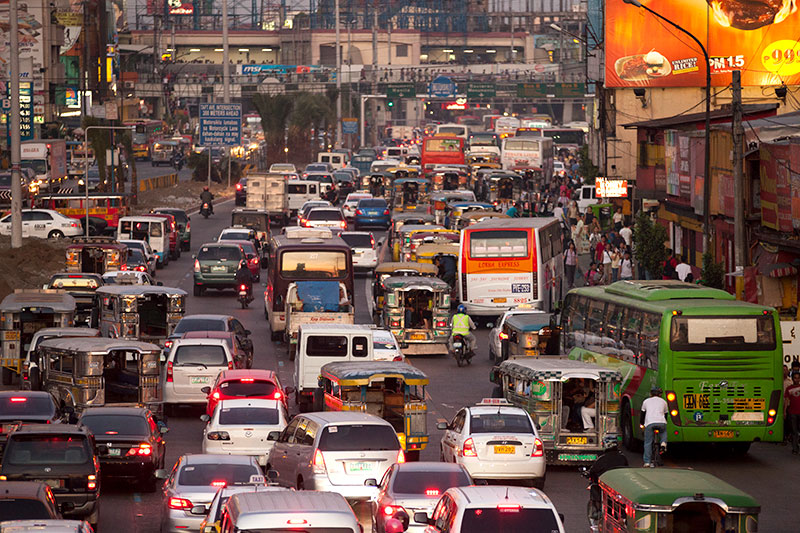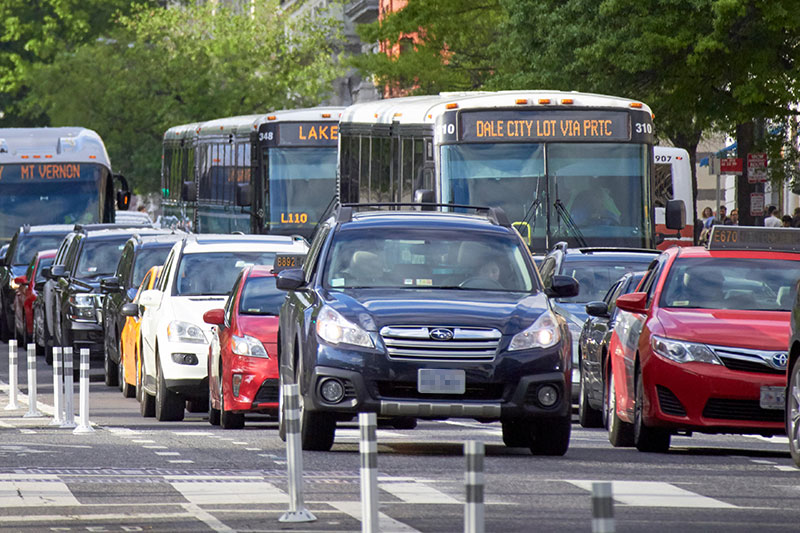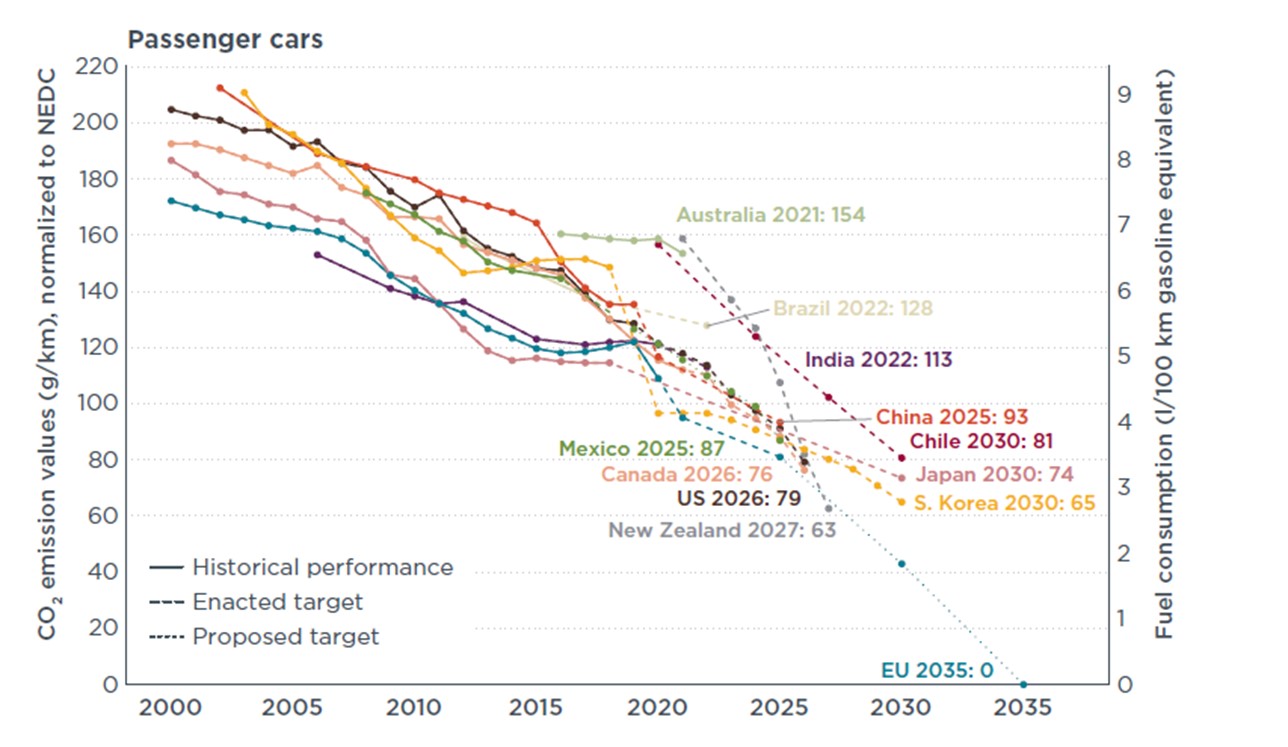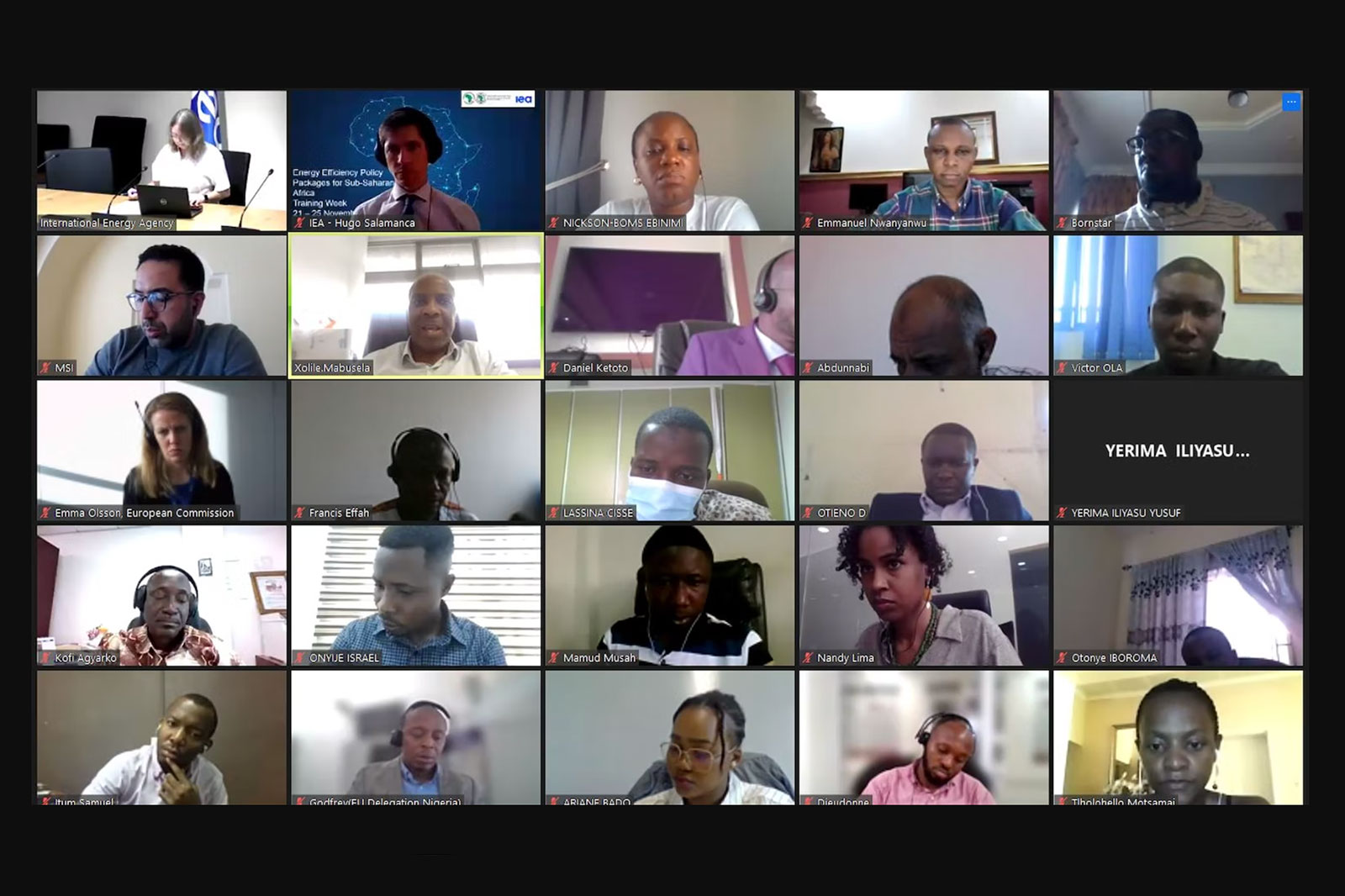Philippines formalises fuel economy labelling law

GFEI’s ongoing engagement and support to policymakers in Philippines has contributed to an agreement to introduce fuel economy labelling in the country. The Government of the Philippines formally agreed in 2019 to introduce new fuel economy labelling for vehicles, as part of the Energy Efficiency and Conservation Act, Republic Act 11285.
GFEI has been supporting fuel economy discussions in the Philippines for a number of years, funded by the European Commission, including a workshop in 2017 which discussed potential vehicle emission reforms, and a detailed discussion on fuel economy labelling in 2018. The work was led by GFEI partners UN Environment and Clean Air Asia, working closely with GIZ.
The implementing rules and regulations (IRR) of the law stipulate that the Department of Energy (DOE), in collaboration with the Department of Transportation (DOTr) and Department of Environment and Natural Resources (DENR) shall “prescribe fuel economy performance labelling requirements for transport,” which shall then be enforced to all manufacturers, importers, distributors and dealers of vehicles in the country.
The next steps are for the DOE to commission research to develop the fuel economy rating scale, to ensure it is consistent with baselines and is understandable to consumers. It will have to contain the vehicle model and make; production year of the vehicle; fuel economy rating in kilometres per litre; carbon dioxide (CO2) emissions in ton per kilometre; and vehicle emission standards. The law states that the rating would not be implemented for two years to allow time for further information to be gathered.







